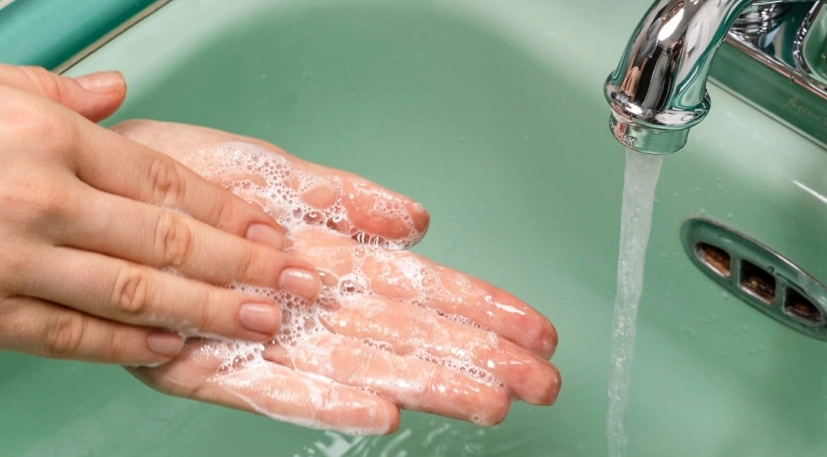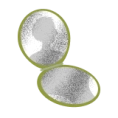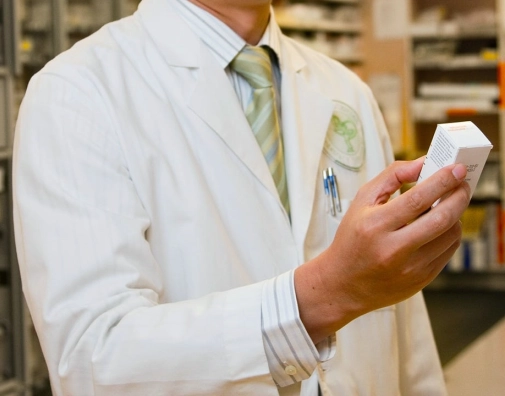
Your DNA: Skin & Antioxydants

Antioxydant capacity :
Maintaining a balance between free radicals and antioxidants is essential not only for preserving overall physiological health, but also for sustaining youthful, healthy skin. Free radicals are unstable molecules that can damage cells, leading to oxidative stress. In the skin, this oxidative stress speeds up the breakdown of collagen - a protein that supports the skin's structure - and disrupts the cycle of cell regeneration. This translates into premature aging typically characterized by a dull complexion, age spots, and uneven skin texture.
Antioxidants act as a natural defense mechanism against the damaging effects of free radicals. They help counter these unstable molecules, turning them into less harmful compounds and preventing potential damage. Having sufficient antioxidants in the skin helps to minimize oxidative stress, reduce the appearance of wrinkles, and preserve the skin's natural radiance and elasticity. This protective mechanism not only helps in slowing down the aging process, but also supports the overall health of the skin in all its layers, including the hypodermis, dermis and epidermis.
Genetic factors play a major role in defining the body's antioxidant capacity. Mutations in genes encoding antioxidant enzymes - such as SOD2 (superoxide dismutase 2), EPHX1 (epoxide hydrolase 1), CAT (catalase) and NQO1 (NAD(P)H quinone dehydrogenase 1) - can influence an individual's predisposition to oxidative stress. These genetic variations can lead to reduced antioxidant activity, thereby increasing the risk of premature skin aging. Understanding these genetic considerations can be key to designing individualized skin care routines to meet specific antioxidant needs, potentially enhancing the skin's ability to effectively address aging.
Skincare Test

This test provides information on your skin type and the care it requires based on your genetic profile.
Other Journal: DNA
VIEW MORE


